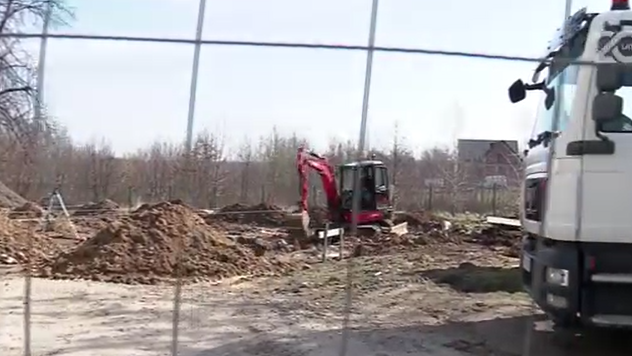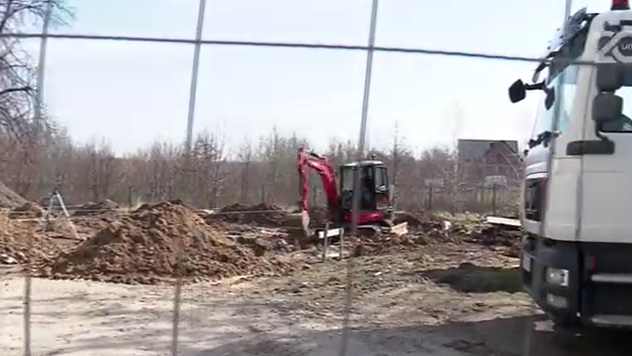However, the local municipality appealed the designation in court, which ruled that the land was not a Jewish cemetery, allowing construction to proceed. Local activists reported that a large truck recently removed soil from the site, while workers claimed they had dug 80 cm (31 in) deep without finding any evidence of a cemetery.
Poland’s chief rabbi Michael Schudrich said a representative from his office visited the site but construction has continued.
The court ruling determined that only the cemetery monument itself is protected, not the land it once stood on. It added that plot 1424/1, even if it was hypothetically a burial ground, cannot be classified as a monument — effectively clearing the way for construction despite historical evidence suggesting it was a Jewish cemetery.
TVP3 television reached out to Poland’s heritage preservation authority, which said it would mark the cemetery’s boundaries but would not appeal the court’s decision.
“Based on my review of maps from 1934 and World War II-era maps from 1942, compared with modern maps, it’s clear that part of the cemetery was built over by a fire station, another section became a playground and the disputed plot — 1424 — is indeed part of the cemetery,” he said.
“There is no doubt this is the Jewish cemetery of the town and the municipality’s eagerness to build directly on Jewish graves is incomprehensible.” He called for an immediate halt to construction until a third-party investigation can definitively determine whether the site contains Jewish graves.





